How can the law fight climate change?
The law is a powerful tool in the climate fight. This is how we use it.

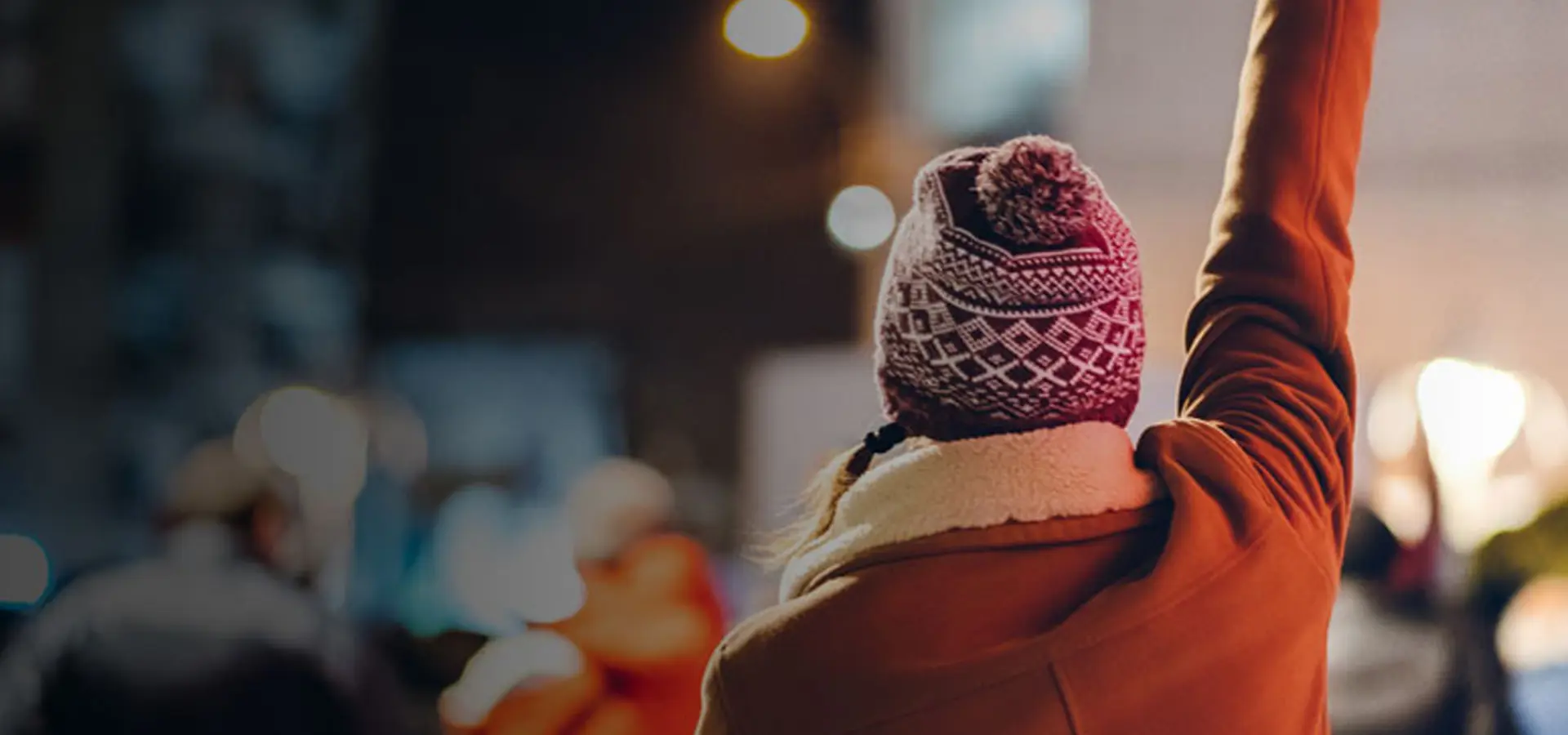
The law is a powerful tool in the climate fight. This is how we use it.
Climate change is a system-level issue that requires transformative change. Change demands a number of levers from social movements, politics and economics – the law is a powerful tool that can change behaviours and, eventually, social norms. When injustice is recognised, the law can provide accountability, and lead to broader societal shifts over time.
People or organisations can use climate litigation – through court cases, legal or regulatory complaints, and other methods – to push for greater ambition on climate action and to hold institutions, like government and companies, accountable for climate damaging practices.
Climate change must be tackled at all levels. International commitments like the Paris Agreement have a big role to play, but so do smaller scale initiatives, like local planning and home insulation schemes.
Around the world, climate litigation is becoming more and more prevalent. The LSE’s Grantham Institute analysis of climate litigation trends found that globally, the number of climate change related cases has more than doubled since 2015. The growing number of these cases are broad in scope, and can address all sorts of policies, like government planning permissions, financial disclosures, and even advertising standards.
The majority of cases have so far been brought in the Global North, but there is an increasing number worldwide, as developing countries, communities and their systems of governance and infrastructure take shape.
New laws and policies are addressing climate change in different ways. Legal strategies are also evolving in parallel. The three important climate litigation trends, which we work on with other organisations, are:
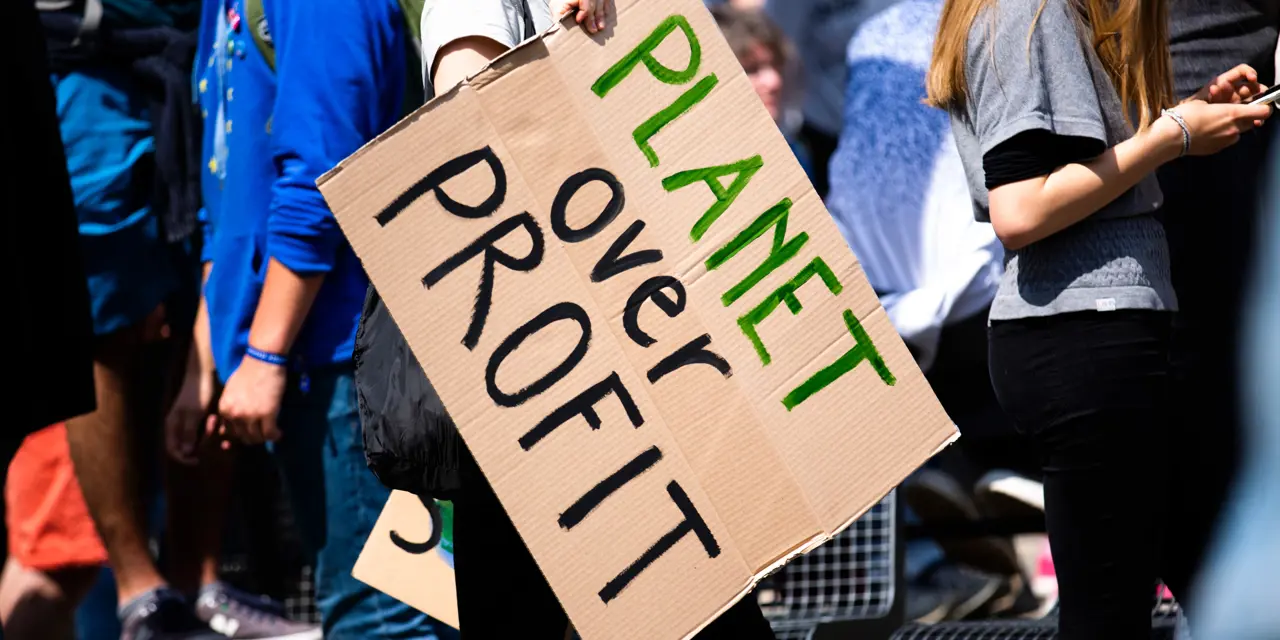
Many climate cases seek to hold governments accountable for failing to act in line with climate commitments and targets, like the Paris Agreement or the commitment to reach net zero greenhouse gas emissions by 2050.
This can be brought using human rights arguments – that states have a human rights obligation to prevent the foreseeable adverse effects of climate change, and ensure the rights of those affected are protected. This is often based on the UN Declaration of Human Rights, or the International Covenant on Civil and Political Rights, and covers rights to life, property, and culture.
Following decades of engagement and advocacy by civil society, the UN Human Rights Council this autumn officially recognised the human right to a clean and healthy environment, which will likely be used in future human rights based climate litigation.
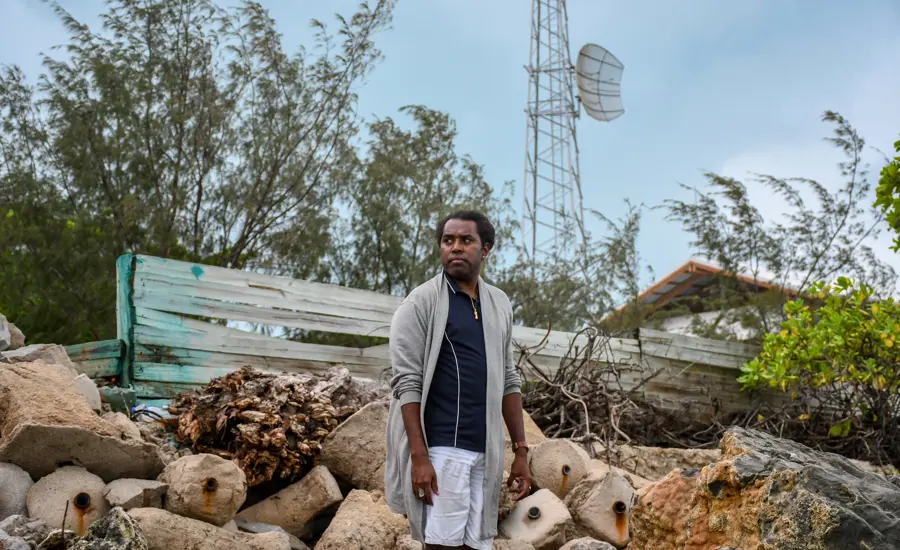
We supported a world-first complaint brought by eight Torres Strait / Zenadh Kes Islander Traditional Owners in 2019, alleging that the Australian Government has failed to uphold its human rights obligations, and that its inaction on climate change has led to violations of their rights to culture, life and family.
Climate change poses a systemic financial risk to the stability of entire markets.
The transition to net zero means that the entire economy has to shift, and companies failing to act risk financial losses and stranded assets that will impact investors and employees.
Imagine, for example, not having enough pension, or losing your job unexpectedly a few years from now, because company directors fail to factor in how climate change might threaten their business, which either suffers huge financial losses or shuts down completely.
Investors and shareholders are increasingly aware of climate risk, and are applying pressure through shareholder resolutions, which is a way for them to impact how a company is run.
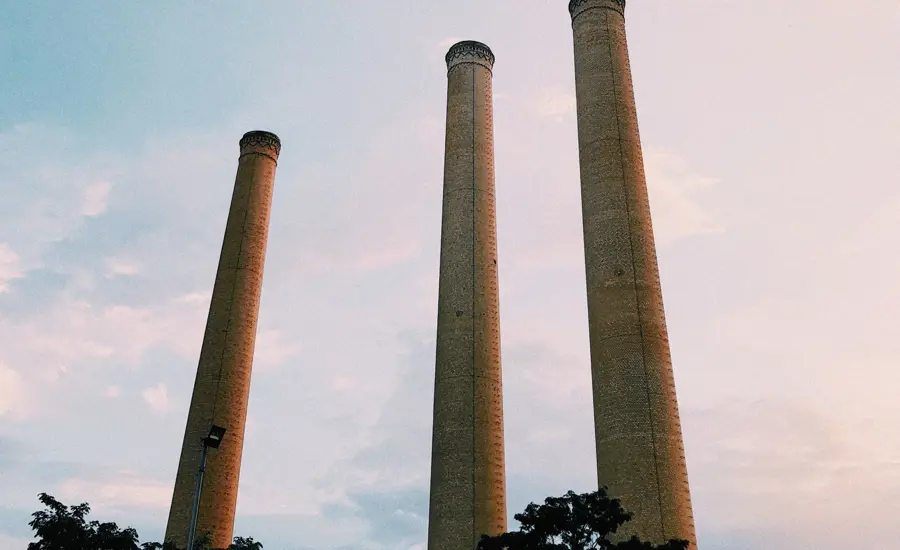
We won two legal cases against energy company Enea over Ostroleka C, a big planned coal plant in Poland. We brought this as a shareholder in Enea, arguing that funding the plant was an indefensible financial risk. Funding for the project has since been suspended.
Greenwashing is another area of growing litigation. Greenwashing is the allegation that a company is misleading the public based on their advertising or public statements about how ‘green’ they are, compared to the reality of their business. Companies rely on public and political approval for their ‘social licence’ to operate, so it’s important the public knows the truth about their businesses. In April this year, we analysed some of the world’s biggest fossil fuel companies – like Aramco, Exxon, Shell and Chevron – and found that some of those most responsible for climate change are misleading the public about their sustainability. Many companies are responding to the climate crisis with green marketing, but their core business remains fossil fuels.
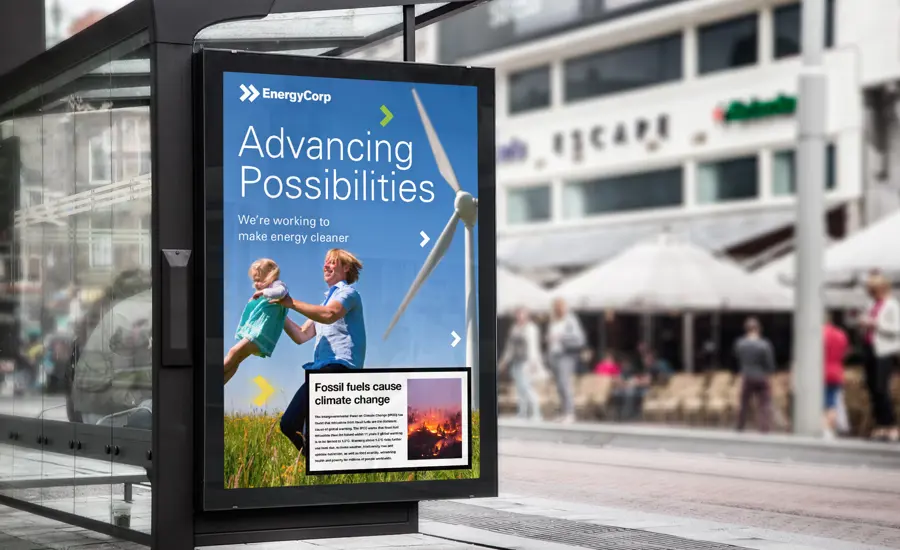
In 2019, our lawyers lodged a complaint alleging BP’s global ‘Keep Advancing’ and ‘Possibilities Everywhere’ ad campaigns misled the public by focusing on BP’s low carbon energy products, when more than 96% of its annual spend is on oil and gas.
In February 2020, BP withdrew its advertisements and CEO Bernard Looney said they would not be replaced under the company’s new policy promising an end to ‘corporate reputation advertising’.
The law will increasingly be used to cement new and more environmentally friendly norms as society grapples with climate change impacts.
As scientific evidence makes clearer links between human activity and climate change, as new court cases set precedents for others to follow, and as more countries develop laws that explicitly address climate risks and impacts, we can expect to see more litigation brought to try and tackle the climate emergency.